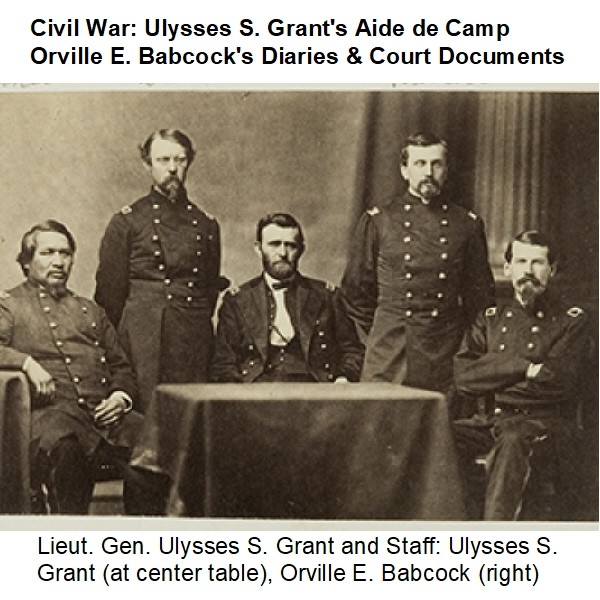
Civil War Ulysses S. Grant’s Aide de Camp Orville E. Babcock’s Diaries & Court Documents
$3.94
Description
The collection in question features a substantial amount of material, totaling 1,457 pages.
Among these pages, there are 1,070 dedicated to diaries penned by Orville E. Babcock, covering the years 1863, 1864, 1866, 1867, and 1869. Additionally, there are 376 pages comprising court documents related to the case of United States of America v. Orville E. Babcock from 1875.
Orville Elias Babcock (1835–1884) was both an engineer and a general who served in the Union Army during the American Civil War. He held the position of aide-de-camp to General Ulysses S. Grant throughout the conflict. Once Grant ascended to the presidency, Babcock took on the role of private secretary at the White House, a position that is akin to what we now refer to as chief of staff. Furthermore, he was responsible for overseeing the Buildings and Grounds in Washington D.C.
In 1869, President Grant assigned Babcock a task to investigate the potential annexation of Santo Domingo, which is present-day Dominican Republic. However, this proposal was ultimately rejected by the Senate, led by Charles Sumner. A significant portion of Babcock’s diary entries included in this collection chronicles his experiences during the Santo Domingo mission.
On December 9, 1875, Babcock was indicted by a grand jury in Saint Louis, Missouri, as part of the Whiskey Ring for allegedly conspiring to defraud the United States Treasury. The Whiskey Ring scandal, brought to light in 1875, involved a scheme where tax revenues were misappropriated through collusion among government officials, politicians, whiskey distillers, and distributors. In response to these accusations, Grant provided a written statement in support of Babcock, which contributed to his acquittal.
In 1876, Babcock faced a second indictment related to the Safe Burglary Conspiracy. This incident revolved around corrupt building contractors in Washington, D.C., who were under investigation for their dishonest practices. During the trial, fake Secret Service agents working with the contractors tampered with evidence by placing it inside the safe of the district attorney in charge of prosecuting the case. Ultimately, Babcock was found not guilty. In February of the year 1877, President Ulysses S. Grant made the decision to appoint Babcock to the position of Inspector of Lighthouses. This role was specifically within the jurisdiction of the Federal Lighthouse Board’s Fifth District, which encompassed the state of Florida.
The appointment meant that Babcock would be responsible for overseeing the operation and maintenance of lighthouses in that region. The Federal Lighthouse Board was a government entity tasked with managing lighthouse services across the country, ensuring safe navigation for vessels along the coasts and waterways. By placing Babcock in this important position, President Grant aimed to enhance the safety and efficiency of maritime navigation in Florida’s waters.
Related products
-
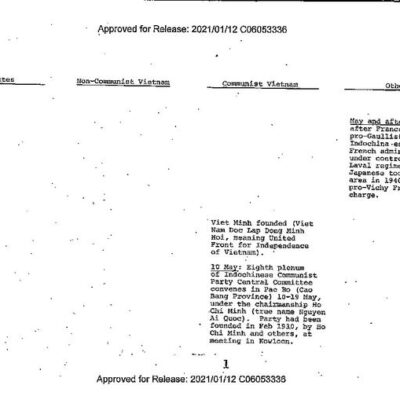
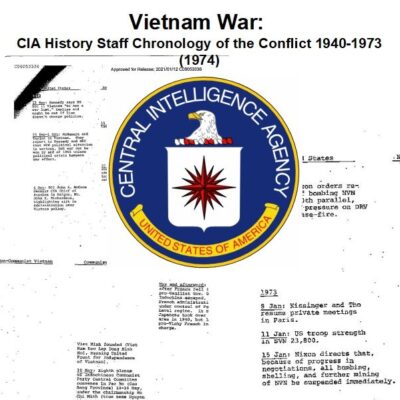
Vietnam War: CIA Chronology of the Conflict, 1940-1973 (1974)
$1.99 Add to Cart -
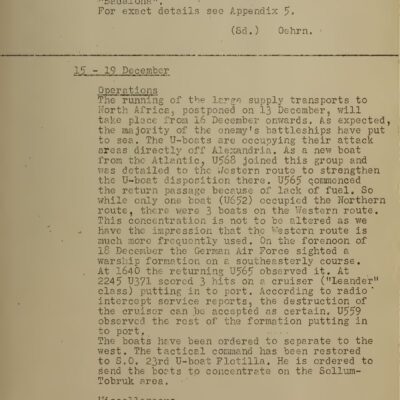
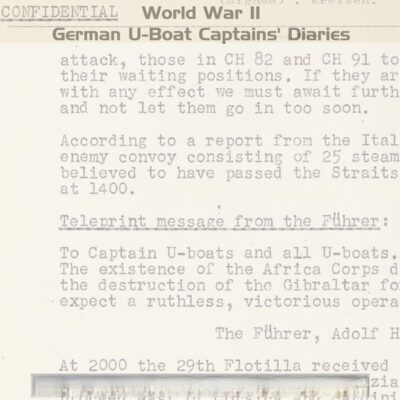
World War II German U-Boat Captains’ War Diaries
$19.50 Add to Cart -
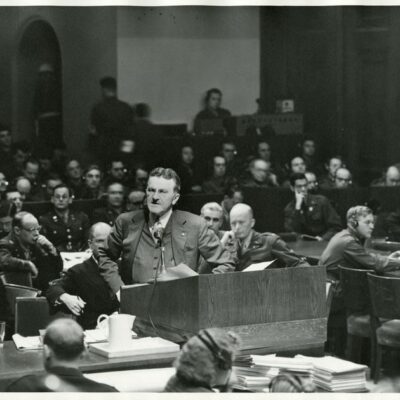
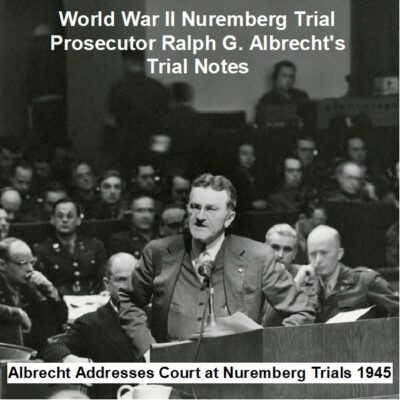
Trial Notes of Ralph G. Albrecht, Prosecutor at the Nuremberg Trials of World War II
$3.94 Add to Cart -
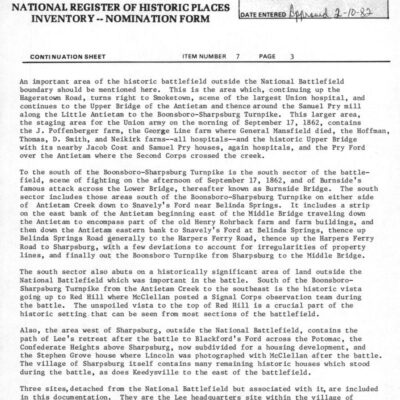

Civil War: Battle of Antietam (Sharpsburg) – National Park Service Archives
$9.99 Add to Cart